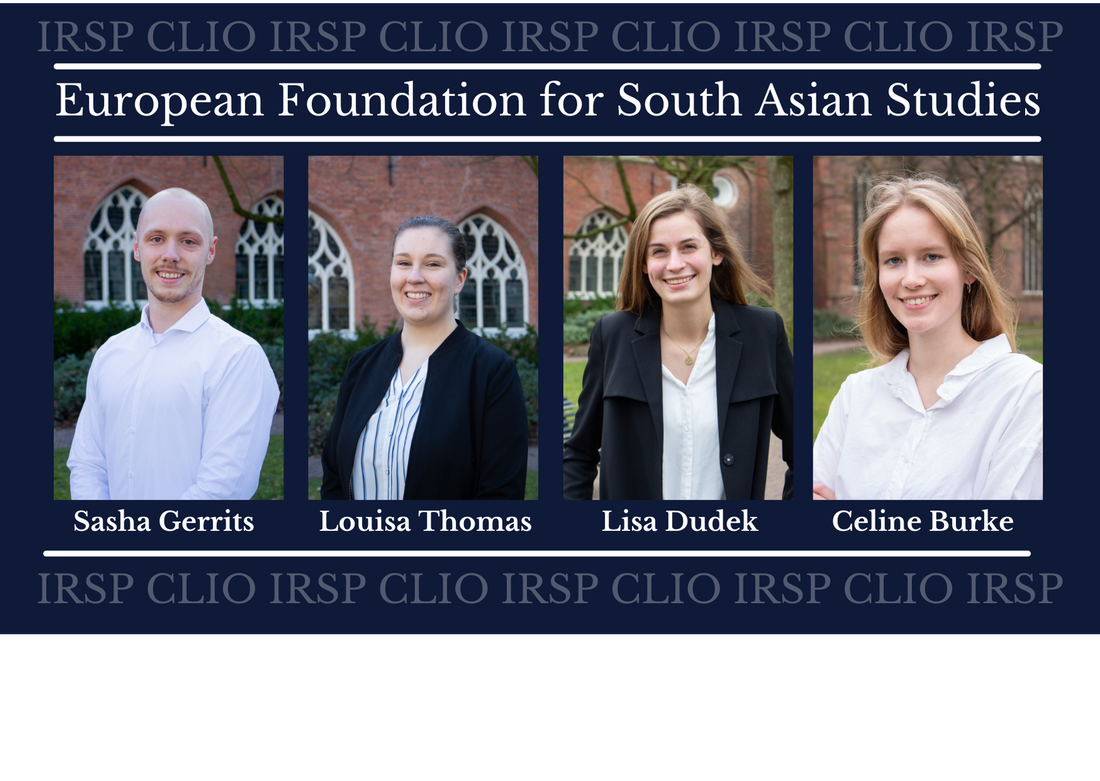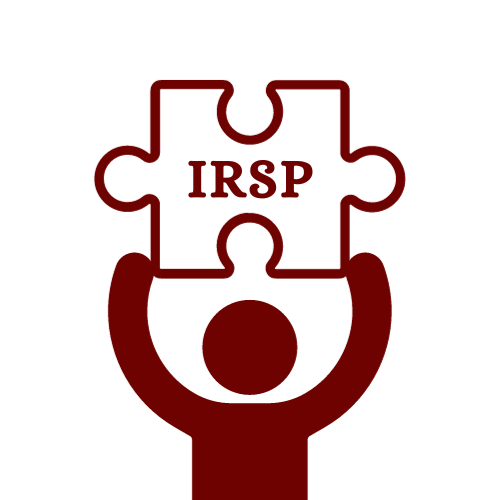The European Foundation for South Asian Studies (EFSAS) is an EU accredited, independent, non-profit think tank and policy research institution located in Amsterdam. It focuses on the political, economic and socio-cultural themes in South Asia and it provides strategic analysis, research, statistical data, policy advice and forecasts related to developments in the fields of politics, economics, international relations, conflict management, human rights, security, diplomacy, strategic affairs and conflict resolution.
This research project is situated within the context of China investing in South Asian and Indian Ocean regional infrastructure projects through the Belt-and-Road Initiative (BRI). This is highly disputed by ethnic minorities and regional state-actors. The Initiative is relevant as South Asia has several American, Australian and French military bases, and trade with the EU relies on the navigability of the Indian Ocean. Additionally, Russia is the largest arms supplier for India, Japan and South Korea have large-scale investments in the area and the borders of the region are shared with the Association of Southeast Asian Nations (ASEAN).
The outcome of the research is the development of comprehensive country profiles for South Asian countries (Afghanistan, Bangladesh, Bhutan, India, the Maldives, Myanmar, Nepal, Pakistan and Sri Lanka) and major political shareholders in the region (China as the main player followed by the EU, the Russian Federation and the US) under the research question: What are the main political challenges for South Asian countries and stakeholders in the decades to come? The research will focus on the aspects of economic development and trade, international law, security, history, resource management, institutional integration, political violence and the role of gender and sex in international and regional politics.
In terms of structure and methodology, the structure of the chapters and the report should aim to reflect logical connections between topics and separate country profiles should employ the same structure. Citations should be made in APA style and the reports should be written in American English. The method is a mixture of qualitative and quantitative analysis. To facilitate and aid in conducting the research, EFSAS is going to compile a set of resources, including databases, academic articles, indicators and so on that will be made accessible for IRSP.
This research project is situated within the context of China investing in South Asian and Indian Ocean regional infrastructure projects through the Belt-and-Road Initiative (BRI). This is highly disputed by ethnic minorities and regional state-actors. The Initiative is relevant as South Asia has several American, Australian and French military bases, and trade with the EU relies on the navigability of the Indian Ocean. Additionally, Russia is the largest arms supplier for India, Japan and South Korea have large-scale investments in the area and the borders of the region are shared with the Association of Southeast Asian Nations (ASEAN).
The outcome of the research is the development of comprehensive country profiles for South Asian countries (Afghanistan, Bangladesh, Bhutan, India, the Maldives, Myanmar, Nepal, Pakistan and Sri Lanka) and major political shareholders in the region (China as the main player followed by the EU, the Russian Federation and the US) under the research question: What are the main political challenges for South Asian countries and stakeholders in the decades to come? The research will focus on the aspects of economic development and trade, international law, security, history, resource management, institutional integration, political violence and the role of gender and sex in international and regional politics.
In terms of structure and methodology, the structure of the chapters and the report should aim to reflect logical connections between topics and separate country profiles should employ the same structure. Citations should be made in APA style and the reports should be written in American English. The method is a mixture of qualitative and quantitative analysis. To facilitate and aid in conducting the research, EFSAS is going to compile a set of resources, including databases, academic articles, indicators and so on that will be made accessible for IRSP.



